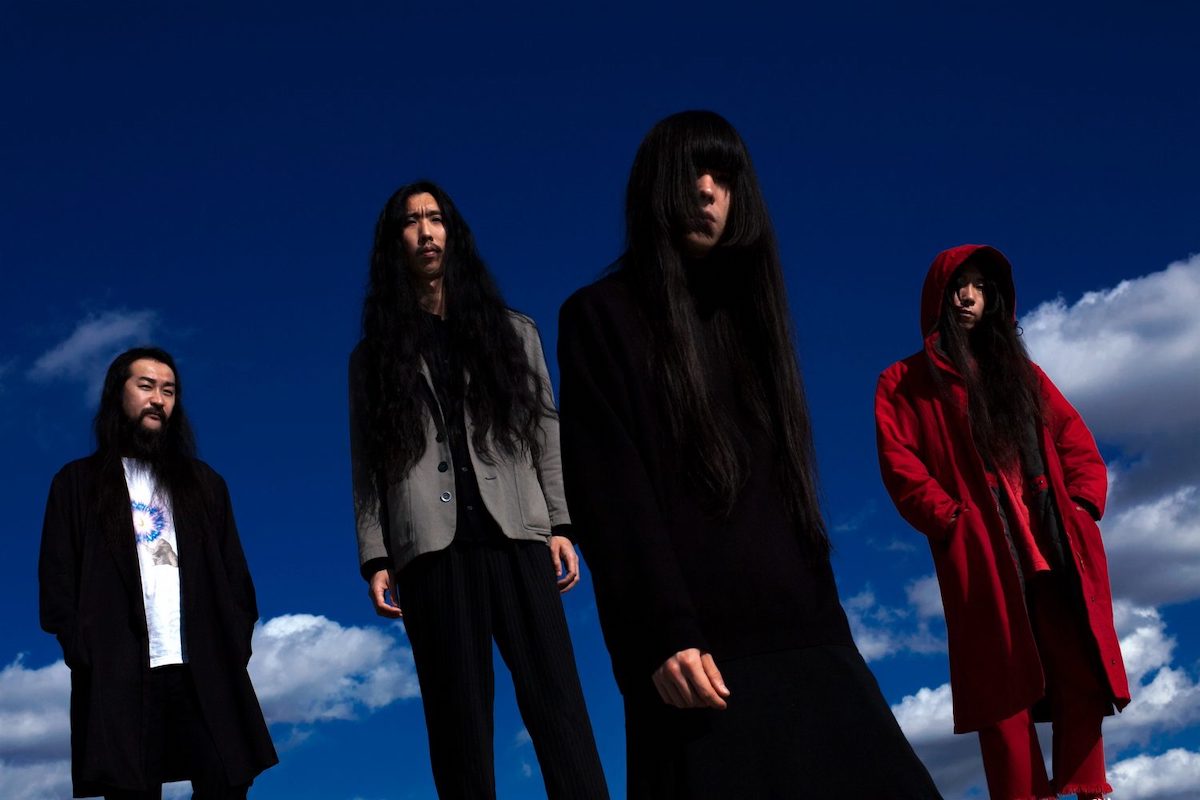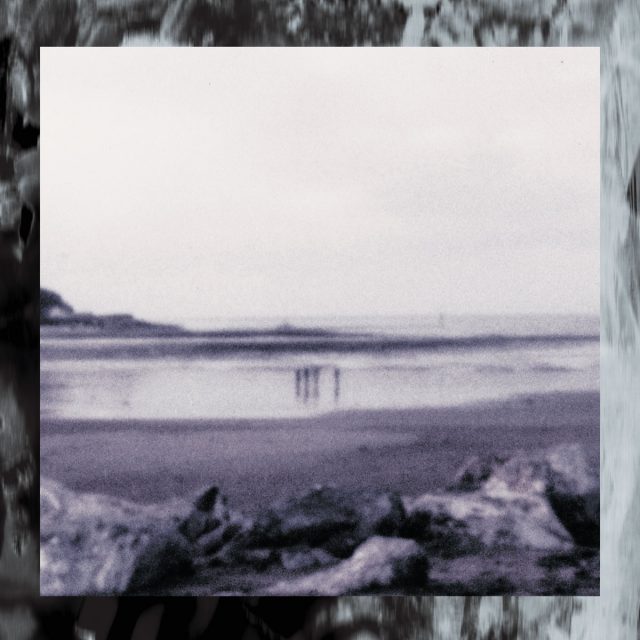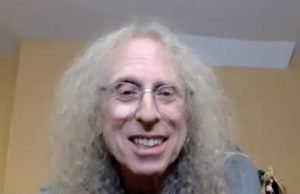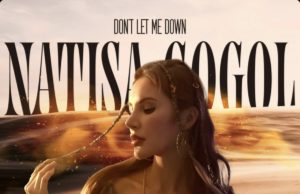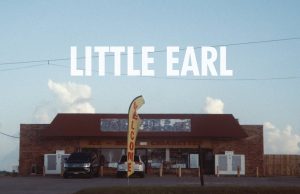THE EDITED PRESS RELEASE: “Japanese alt-rock band Bo Ningen’s latst album Bo Ningen: Rebuilt is a very special reissue of their 2010 self-titled debut album. Intent on avoiding the cliched lazy reissue tropes of new packaging, remasters, or retakes, for this new version of the album the band decided to completely reinvent the record.
During the course of Bo Ningen: Rebuilt, it’s even possible to chart how bass player and producer Taigen Kawabe’s own musical ear and production approach have changed over the decade. “We wanted to completely ‘rebuild’ our own debut album,” says Kawabe of the process, “using exactly the same material and sounds without any additional overdubs or new takes; remixing the record with new interpretations and perception. We simply wanted to listen again to our first album with fresh ears and minds, and even learn something new from it ourselves.”
“I’m a huge fan of This Heat,” adds guitarist Kohhei Matsuda, “so I wanted to make something with studio manipulation of material as an homage to them. It wasn’t so obvious on the original version, but having remixes by ENA and Merzbow on the new version of the album made the context more complex and my primal ambition has finally been realised, with new mixes and mastering bringing clarity to the ideas behind the songs. The whole album now has multiple layers of time.
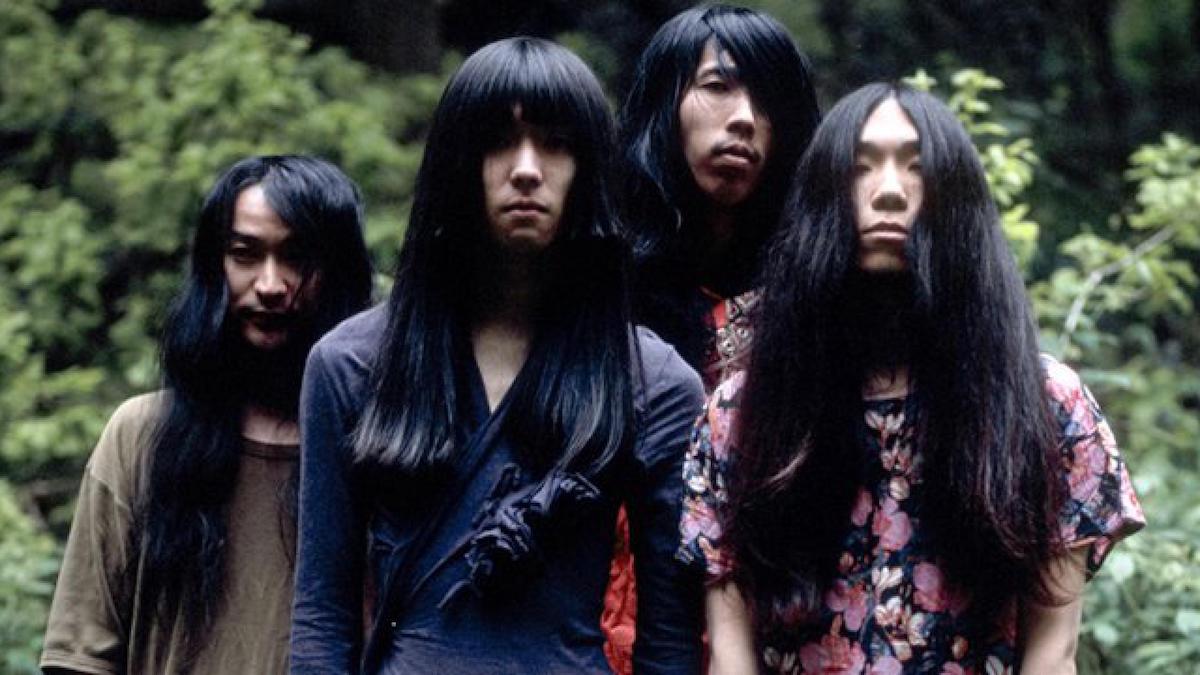
“When we started the band in London we didn’t know what kind of music we wanted to make,” he continues. “We were being urged by the impulse — the pure joy of loud noise, feeling frustrated at audiences for speaking so loud at shows, and feeling like misfits amongst all the ‘indie’ bands. If you compare this first album with the pre-album recordings from Proto Bo Ningen (part of the band’s recent A Found History series of archive releases) you’ll see how we were trying to form a song.”
Rehearsing at Enterprise Studio behind London’s famous musical hotspot of Denmark Street, the band took advantage of a seven-hour daytime deal to maximise their jam time in the studio whilst writing the record. “It was like songs were forming themselves,” recalls Matsuda. “One of the epic moments was when we made the bass guitar in-out arrangement on Koroshitai Kimochi. We thought that was a big invention! Like dub engineers’ bass handling.”
Recorded in 2010 at No Recording Studio with engineer John Hannon (known for recording quality avant-garde artists including Helm, Chrome Hoof and Drum Eyes), the band stayed at the residential studio for several days on a farm in Rayleigh, Essex. “It was really nice being out of the town and totally secluded,” remembers Matsuda. “It was like camping in the woods. We’d just record, eat, record, eat, sleep. John was really nice and easy to work with. He’d play us some early Swans stuff, early Chrome, and his band Liberez, which was really cool. I remember John had an amazing sounding vintage Tone Bender fuzz pedal and I used it for the recording — authentic British fuzz guitar, in a way.”
